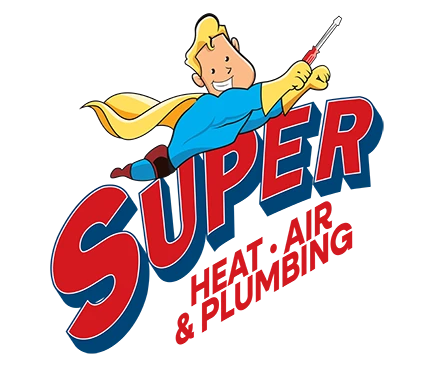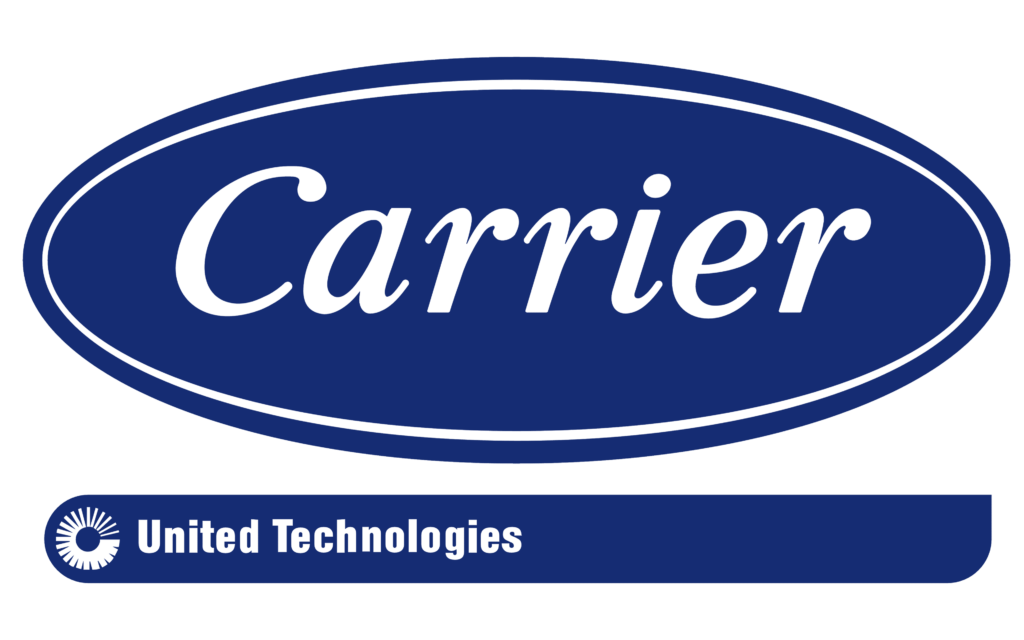It can happen from time to time. A bad storm such as a hurricane rolls through, and your home is flooded. Yikes! But what happens if your HVAC unit has flooded too?
Of course, the first thing to do is to make sure it is safe to return to your home since storm surge and flooding can be dangerous. It may also be a good idea to call an electrician to check the electrical infrastructure of your house to ensure that it is safe.
Keep reading to learn some tips from our team at Super Heat, Air, and Plumbing on what to do next if your AC unit has flooded.
What Happens When My AC is Flooded?
If you have a crawl space underneath your home and you have experienced a flood, the ductwork will likely need to be replaced to prevent mold and mildew growth. Also, if the condenser has flooded, it will need to be replaced especially if the floodwater was saltwater.
Hopefully, you have insurance that will help take care of the expenses, but if you didn’t have flood insurance, it’s going to cost you to get these components replaced or fixed.
Keep in mind that even if your HVAC system appears to be operative, it should not be used after any flood waters recede. It might work for a while, but if the system’s components have been underwater, using it can present a serious fire hazard.
It’s usually cheaper and safer to replace, rather than repair.
First Steps
If you have experienced a flood, have an electrician check out the electricity running through your home to ensure that it is in working order before turning anything on. Have them check the branch circuits that are dedicated to the air handler and condensing unit while they’re at it.
Flooding damages the electrical components of your air conditioning system, and prolonged exposure to water can cause your system to deteriorate as well. It is important to have your HVAC system professionally inspected after a flood.
Taking Care of the Damage
After a flood, follow these tips!
Turn Off the Electricity
The first thing you should do after your AC has suffered flooding is to turn the electricity off to your unit at the breaker box. Failing to do so could cause further damage to your unit or your home.
After you have turned off the electricity, allow the unit to dry out as much as possible. Once this is done look at your indoor and outdoor units respectively.
Inspect Your Outdoor Unit
Your outdoor AC unit is designed to withstand typical weather and rainstorms, but it is not designed to be submerged in floodwaters. After a flood check:
All wires and electrical components. Make sure that corrosion hasn’t occurred.
The condenser fan motor seal. If it is broken, the motor may have water damage.
The unit’s coils. They may need to be cleaned.
If you notice any damage, make sure to call Super Heat, Air, and Plumbing for professional repair.
Inspect Your Indoor Unit
While your indoor AC unit is generally water resistant, it is still prone to water damage. Even small amounts of water have the potential to damage numerous parts of the unit.
Before you begin inspecting the damage, turn the air conditioner off at the thermostat to ensure that no electricity is flowing while you inspect the unit.
Discontinue Use
Even if your AC is working after a flood, it is still imperative to have a professional inspect it. Some flood damage can take days or weeks to show up, so turn off your unit and don’t use it until it can be properly inspected.
Avoiding Flood Damage
While you can’t run away from flooding, there are a few steps that you take to prevent future flood damage to your air conditioner.
Remove electrical components if you know a hurricane is on the way to help prevent damage.
Turn off the power to lessen overall damage.
Stack sandbags around your unit to help stop flood water from reaching your system.
Build a retaining wall if you want a more permanent solution to flooding.
After heavy rain or flooding, check your outside unit for standing water. If you see any, clear it out to avoid damage. Do not cover the unit with a tarp as this can prevent it from drying properly.
Overall, the best protection from flooding is a comprehensive homeowner’s insurance policy that covers flood damage.
Superfast HVAC Repairs
If you live in Tampa Bay and you have suffered flood damage to your AC unit, our HVAC pros at Super Heat, Air, and Plumbing are here to help! We offer a superfast guarantee and can repair, maintain, and install a new HVAC unit if needed. [hls_phone_number]



